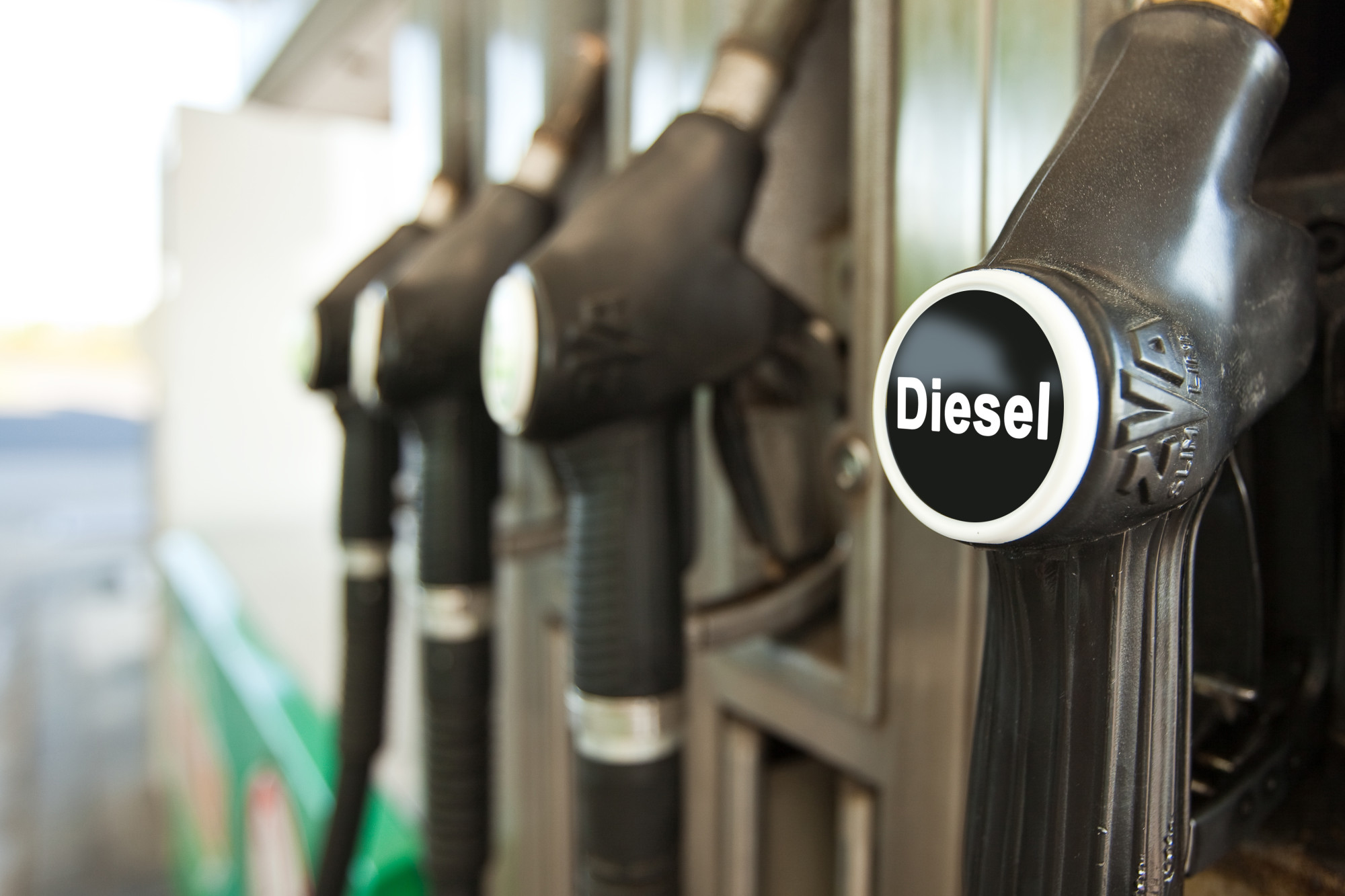
What do you think of when you hear “diesel engine?”
If you think of noisy ignition, billowing smoke, or big, hulking semi-trucks, your conceptions are things of the past.
Modern diesel vehicles are more and more common, often indistinguishable from their regular gasoline counterparts. In fact, diesel-powered vehicles account for about half of the market in Europe (doing away with the notion that diesel vehicles are always bigger!).
But what are the differences between diesel gas vs regular gas? Why is diesel more expensive? Are diesel vehicles practical options as personal cars in the US?
For answers to all these questions and more information on diesel vs regular vehicles, read on!
What’s In an Engine?
Diesel and regular engines operate on essentially the same principle. Both are internal combustion engines, meaning they rely on series of small explosions inside the engine to create the power used to drive the car. However, the ways they create these explosions differ.
In regular gas engines, spark plugs create small sparks inside the cylinders of the engine, where fuel and oxygen-rich air are compressed by pistons. The resulting explosion drives the piston back out and turns the vehicle’s crankshaft, which in turn spins the wheels.
In diesel engines, there are no spark plugs. Instead, the explosion is created when the mixture of fuel and air is compressed so much that it creates spontaneous combustion. If this were to occur in a regular gas engine, it would cause damage.
What Difference Does This Make?
A big one, in fact.
Diesel engines, by nature, are about 20% more efficient than regular gas engines. This means they get 20% better fuel economy (depending, to a degree, on the type of driving being done).
On top of this, the consequences for engine design changes the way each type of fuel affects the vehicle. Regular gas vehicles are capable of greater horsepower than diesel, while diesel produces more torque.
Put simply, this means that regular vehicles have more power (top speed) while diesel vehicles are capable of faster acceleration.
Diesel Gas Vs Regular Gas
Diesel fuel is denser than regular fuel, which is part of the reason that diesel vehicles have superior fuel economy. So, while diesel fuel might be more expensive (depending on what part of the country you’re in), the cost-efficiency is roughly the same or often better.
Improvements in technology have changed the way that diesel vehicles operate. They’re no longer noticeably louder than their regular counterparts and, believe it or not, they are the more eco-friendly option, as well.
Some diesel engines require the addition of diesel exhaust fluid (DEF), which must be stored within a certain temperature range to be effective. If you’re considering purchasing a diesel vehicle, read more about DEF storage.
The Final Word
Diesel engine technology has come a long way and made the question of diesel gas vs regular gas a serious consideration for the US consumer. Modern diesel vehicles can be an eco-friendly and cost-effective alternative to the regular gas vehicles we’re used to.
For more helpful articles, be sure to check out the Car Tech section of the site.